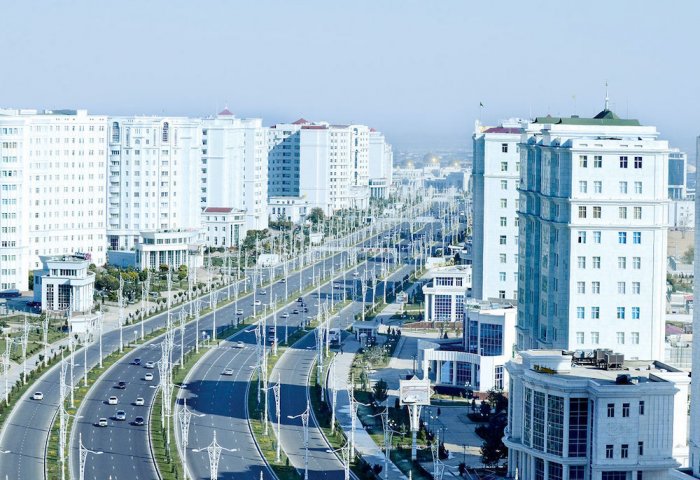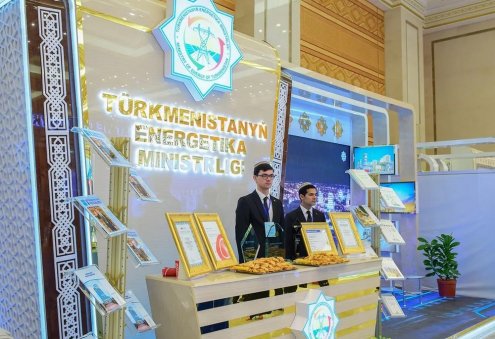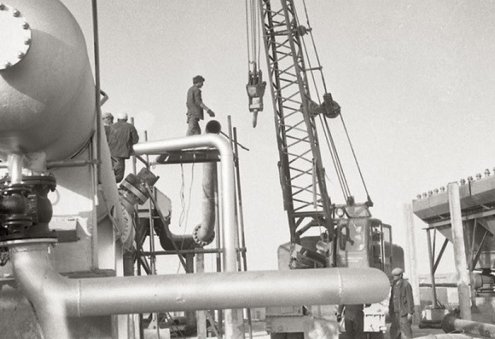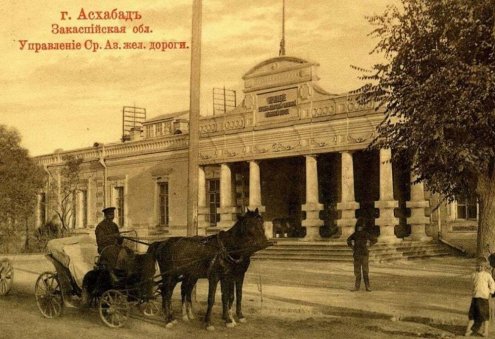Turkmenistan is approaching the 30th anniversary of its independence with good indicators of socio-economic development, achieved despite unfavorable external factors. According to the State Statistics Committee of Turkmenistan, in the first half of the year, the growth rate of the main macroeconomic indicator – gross domestic product (GDP), in comparable prices compared to the same period last year amounted to 6.2%. At the same time, in the structure of gross value added in the real sector of the economy, the largest share fell on industry – 59.8%, which indicates the success of the economic reforms carried out over the years of independence. Sustainable economic growth is supported by investment activity, positive dynamics of domestic and foreign trade, demand and consumption.
In the first half of 2021, cash expenditures on average per month per household in Turkmenistan increased by 12.2% compared to the same period last year. The majority of the funds spent (89.6%) was directed on the purchase of consumer goods and payment for different services. The structure of retail trade clearly indicates the strengthening of the non-state sector of the economy, whose share in this segment is 92.8% versus 7.2% of the state's share.
Data on agriculture, which accounts for 9.7% of GDP, also indicates the progress in the formation of the country's market economy. This year, Turkmen farmers harvested a good harvest of grain crops – 1485.4 thousand tons. The volume of production of vegetables, melons and gourds, fruits and berries is growing as well, with the private farms accounting for high rates of the growth.
Using its favorable geographic position and developed transport and communications complex, Turkmenistan is building up its transit potential, which can significantly increase foreign exchange input to the country's budget. In January-June 2021, 57% more transit cargo was transported through the territory of Turkmenistan than in the same period last year.
Positive trends are also observed in foreign trade turnover, which in the first half of the year increased by 6.7% compared to the corresponding period of 2020. The trade surplus amounted to over $1.3 billion, and the ratio of coverage of export supplies over import supplies was 1.5.
With the growth of national exports by 12.1%, its structure changed towards an increase in the share of goods not related to the products of the fuel and energy complex. The volume of exports, without accounting fuel and energy resources, increased by 63.3% compared to January-June 2020 and amounted to $787.8 million. In the first half of 2021, the country exported 62.6 thousand tons of vegetables worth $72 million, which is 99% and 109.4% more than in the first half of 2020, respectively. As for imports, the total volume of imports for January-June 2021 decreased by 0.4% compared to the same period last year. These indicators are results of the ongoing national programs for increasing exports and import substitution.
The stable economic development of Turkmenistan served as one of the grounds for assigning Turkmenistan a short-term ‘B’ rating and a long-term ‘B+’ stable rating by Fitch Ratings, a member of the Big Three of American rating agencies. Fitch experts also analyze the financial stability and solvency of the country, its dependence on external factors and the ability to independently cope with them, possible default risks, public debt to GDP indicators, budget parameters, political stability and other factors for objective rating and determination of credit quality. In the situation with Turkmenistan, many of these factors make it possible to make a favorable forecast for the future and hope that the country's credit rating can improve.
This year, Turkmenistan repaid large loans from China aimed at the construction of the Turkmenistan-China gas pipeline and the phased development of the giant Galkynysh gas field, thereby proving its solvency. According to the World Bank, Turkmenistan's external debt as a percentage of gross national income averaged 25.94% between 1993 and 2018, with a minimum of 1.03% in 2014 and a maximum of 111.75% in 1999. This is a very low figure compared to many countries in the world.
Over the past 30 years, the influence of ratings of international agencies on world processes, on investors, financial markets has been constantly growing, and they are becoming not only an important economic, but also a political factor that affects the investment attractiveness of a country and its place in the global economy.
Ogulgozel Rejepova
The article was originally published in Turkmenistan’s Golden Age news outlet on 02.09.2021


















